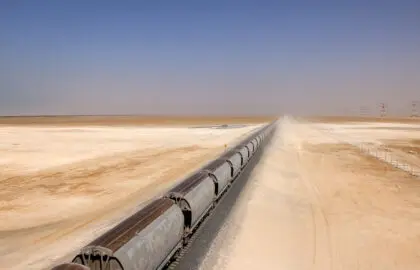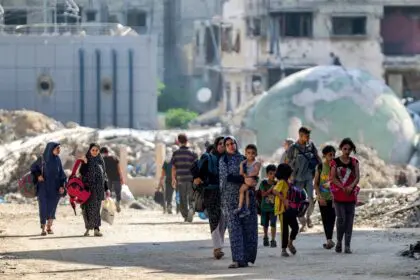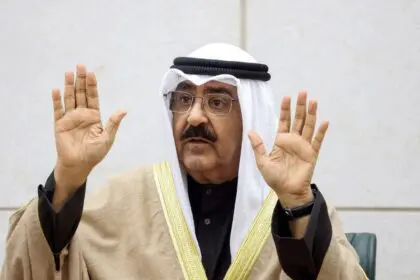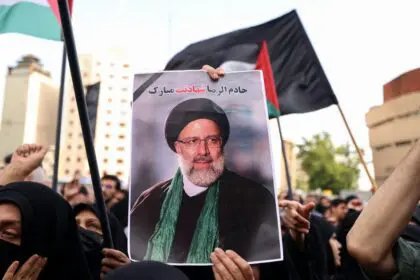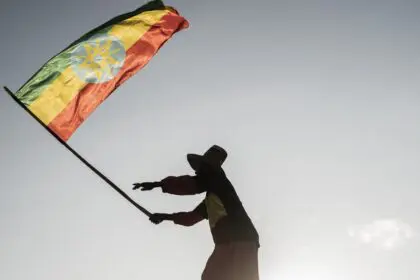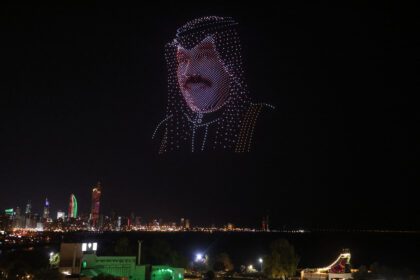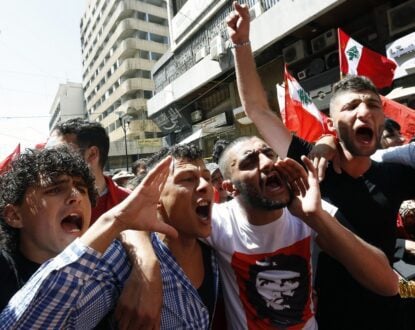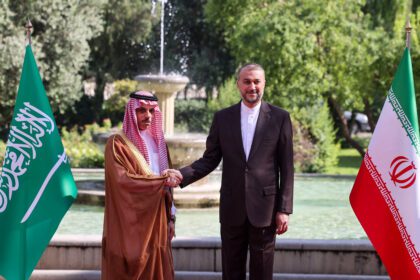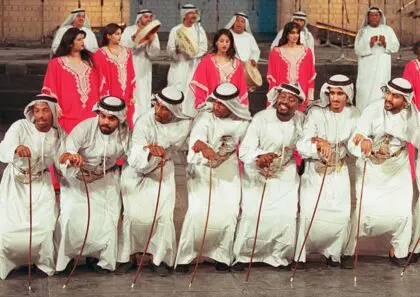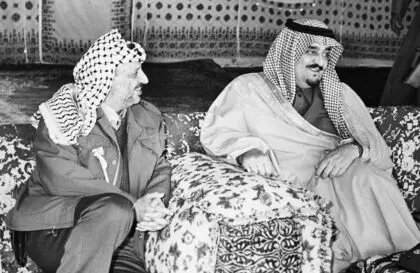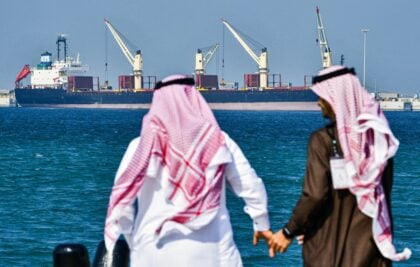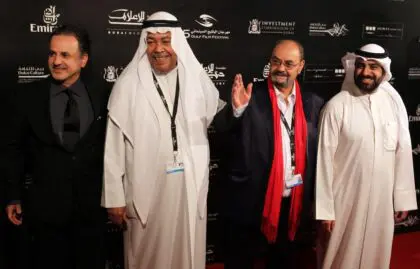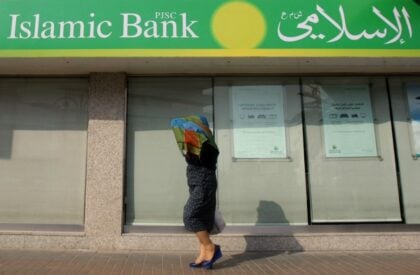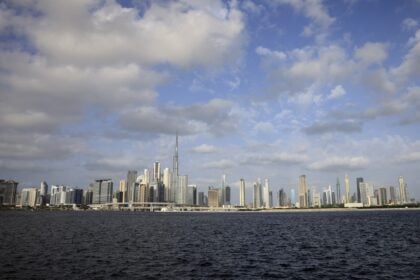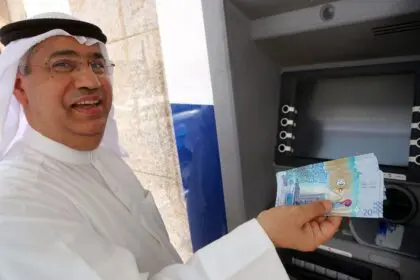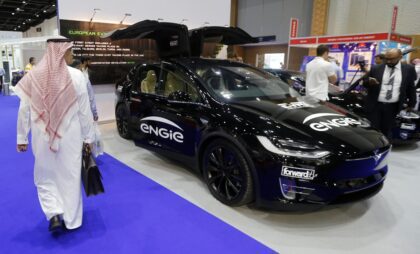
Introduction
Kuwait (officially the state of Kuwait) is a small emirate in the Arabian peninsula.
Located in the northwestern corner of the Arabian/Persian Gulf, Kuwait is bordered to the north and west by Iraq. To the south, Kuwait is bordered by the Kingdom of Saudi Arabia. Kuwait is situated in a section of one of the driest, least-hospitable deserts on Earth.
The total area of this country is 17,818 km. Its shore includes Kuwait Bay, a deep harbor on the Gulf.
The name Kuwait is derived from the Arabic diminutive of the Hindustani kūt (“fort”). Since the emirate’s ruling family, the Al Sabah, formally established a sheikhdom in 1756, the country’s fortunes have been linked to foreign commerce.
In time and with accumulated wealth, the small fort grew to become Kuwait city, a modern metropolis mingling skyscrapers, apartment buildings, and mosques.
Kuwait City has most of the country’s population, which makes Kuwait one of the world’s most-urbanized countries.
Since the 18th century, Kuwait has been ruled by the Al Sabah family. The threat of Ottoman invasion in 1899 prompted Amir Mubarak Al Sabah to seek protection from Britain, ceding foreign and defense responsibility to Britain until 1961 when the country attained its independence.
The tiny country drew world attention in 1990 when Iraqi forces invaded and attempted to annex it. A United Nations coalition led by the United States drove Iraq’s army out of Kuwait within days of launching an offensive in February 1991. However, the retreating invaders looted the country and set fire to most of its oil wells.
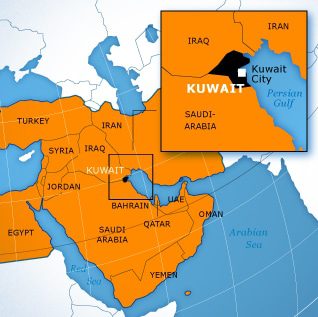
The Kuwaiti state has largely recovered from the effects of the war and again has one of the highest per capita incomes in the world.
Its generally conservative government continues to provide generous material benefits for Kuwaiti citizens. Although conservative elements in its society resisted reforms similar to women’s suffrage, this right has been granted to women in 2005.
In the same year, women have been granted the right to be elected to the Kuwaiti parliament.
According to Kuwait’s Public Authority for Civil Information, the country’s total population is estimated at 4.22 in 2022, with non-Kuwaitis accounting for nearly 66% of the population.
Arabic is the official language, while English is widely used.
According to the estimates of 2018, the ethnic groups in Kuwait include Kuwaitis (30.4%), other Arabs (27.4%), Asians (40.3%), (African 1%), and others (9%) (the last group includes Europeans, North Americans, South Americans, and Australians).
Islam is the official religion of the state. According to the estimates of 2013, Muslims comprise 74.6% of the population, while 18.2% are Christians. Other and unspecified people are estimated at 7.2%.
The Kuwaiti Dinar is the local currency of Kuwait.
Natural resources include petroleum, fish, shrimp, and natural gas.
In military terms, Kuwait is ranked 78 out of 145 countries included in the 2023 Global Firepower Report.
Kuwait has a relatively enabling media environment in comparison to its neighbours in the Gulf States. However, freedom of expression remains limited. According to Reporters Without Borders, the government exercises tight control over information, ranking Kuwait 158 out of 180 on the 2022 Press Freedom Index.
Despite the enactment of Law No. 12 of 2020 stipulating the right to access information, the provision is hindered by censorship laws that prevent journalists, bloggers, and online activists from criticizing the government, the Emir, the ruling family, their allies, or the Islamic religion. There are also restrictions on dealing with topics such as migrant workers’ rights, women’s rights, or corruption issues.
The Kuwaiti press is dominated by private publications. However, the government maintains control by ensuring that all print publications must register and obtain a license from the Ministry of Information.
Licenses can then be revoked without a court order or any explanation, while the establishment of a newspaper requires capital of almost $900,000.
Prominent Faces of Kuwait include Nada Faris who wrote “the Anglowaiti”. Faris made the conscious decision to write in English to reach a global audience and to avoid risking the nuances of her work getting lost in translation.
It is no surprise that Kuwait has fallen in love with football. The Kuwait Football Association is the main governing body for anything football in the country. The men’s national football team is yet to be considered a superpower on the international football stage but has garnered some measure of success in the AFC Asian Cup.
They were the AFC Asian Cup champions (1980) and the runner-up in 1976. Kuwait was the first Arab country in Asia that reached the World cup in 1982. Some of the best football players from Kuwait include Ahmad Ajab, Abdulaziz Al-Anberi, Jassem Al Huwaidi, and Bashar Abdullah.
The climate of Kuwait is a dry desert one. Summers are intensely hot, while winters are short and cool.
The state is largely a desert, except for the Al Jahra oasis, at the western end of Kuwait Bay, and a few fertile patches in the southeastern and coastal areas. Kuwaiti territory includes nine offshore islands, the largest of which are the uninhabited Bubiyan and Al-Warbah.
The island of Faylakah, which is located near the entrance of Kuwait Bay, has been populated since prehistoric times.
The list of most prominent touristic destinations includes Green Island, which is an artificial island. With a total area of 785.000m2, this island is linked to land by a 134-promenade way. The list includes the 3 Kuwait Towers in Kuwait City. The towers stand on a promontory into the Arabian/Persian Gulf. Failakah island might also be included in the list.
Driving vehicles is right-sided in a similar way to the rest of the MENA countries.
Kuwait time zone is (GMT +3) and the international calling code is +965.


